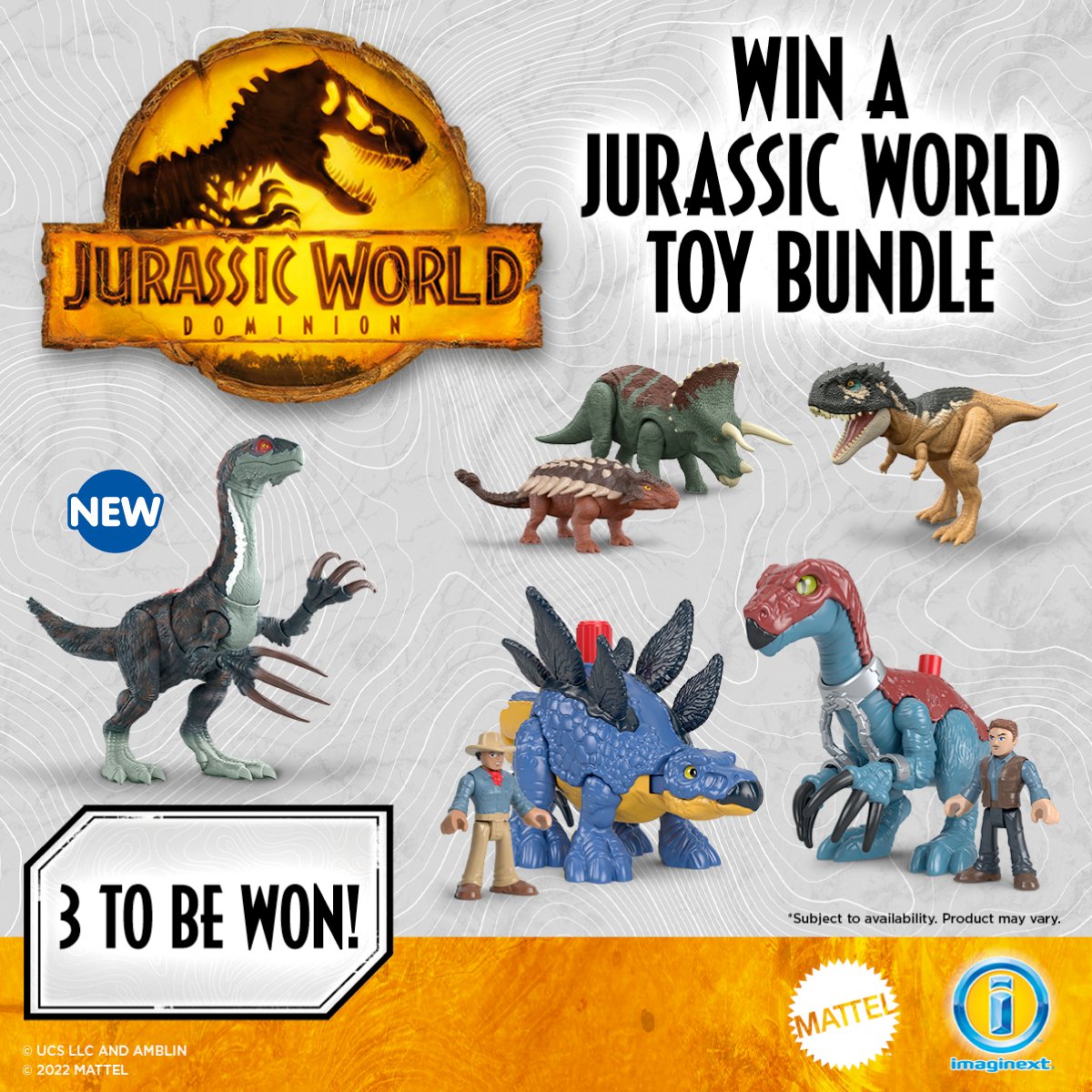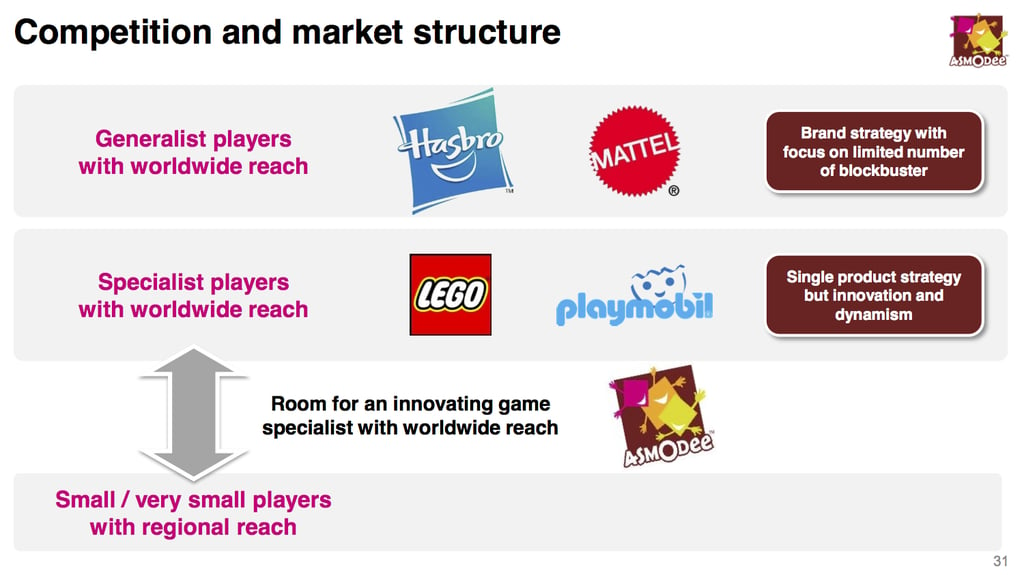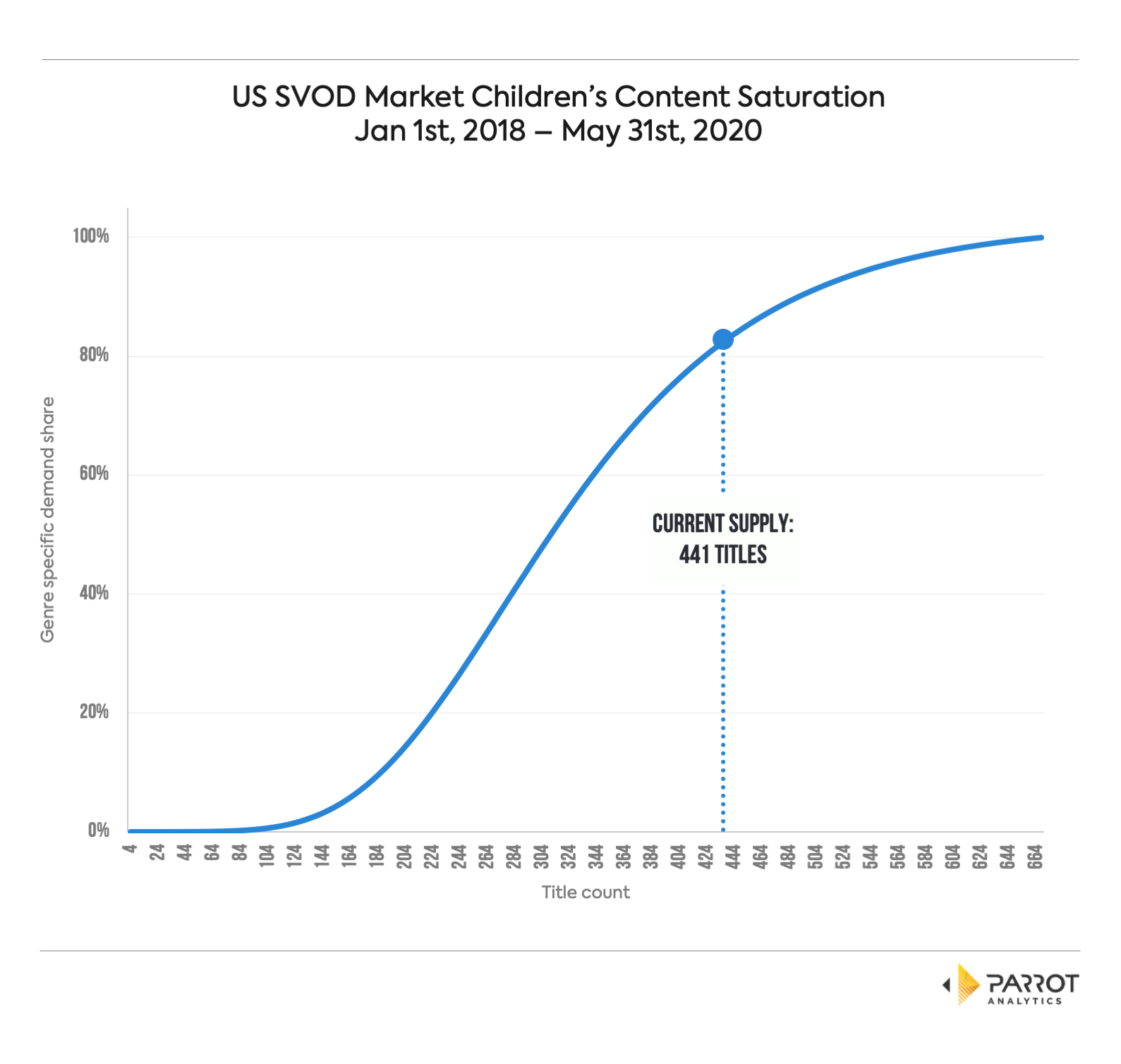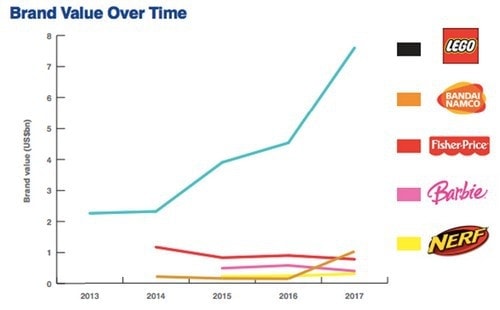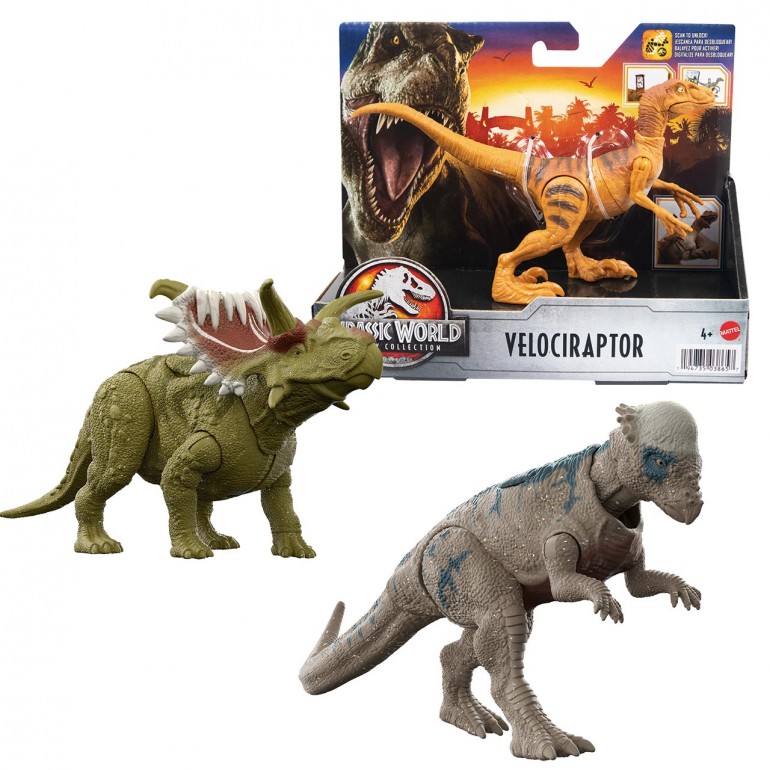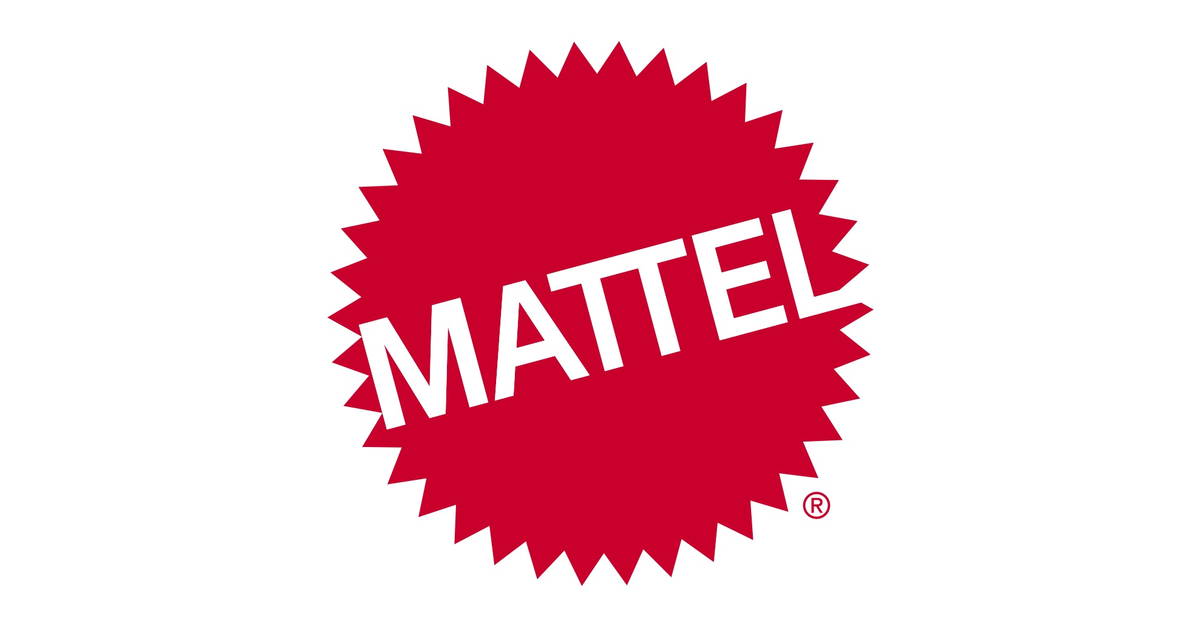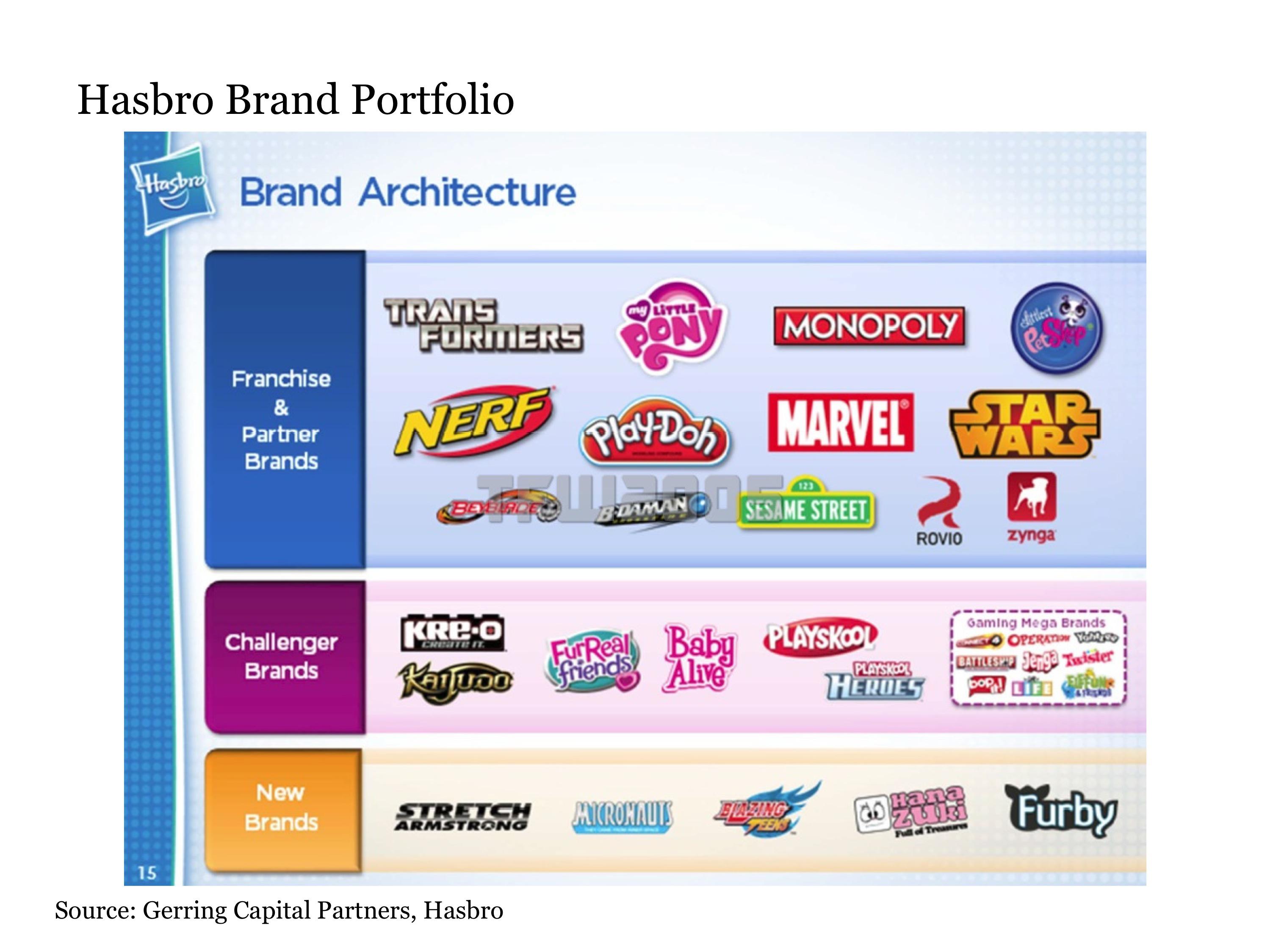Mattel is a toy company that is well-known for producing a variety of popular toys and games for children. Some of its most popular brands include Barbie, Fisher-Price, Hot Wheels, and American Girl. While Mattel is a leading player in the toy industry, it does face competition from other companies that produce similar products.
One of Mattel's main competitors is Hasbro, another large toy company that produces a range of products including board games, action figures, and dolls. Hasbro is known for brands such as Monopoly, My Little Pony, and Nerf, and it has a strong presence in the market.
Another major competitor for Mattel is Lego, a Danish company that is known for its interlocking plastic bricks and building sets. Lego has a strong following among children and adults alike, and it has expanded into other areas such as theme parks and movies.
Other smaller competitors for Mattel include companies such as Spin Master, which produces a range of toys and games including the popular Hatchimals brand, and VTech, which produces educational toys and electronic learning products.
In recent years, Mattel has faced increased competition from companies in the digital space, such as video game developers and online retailers. The rise of electronic and digital toys has also posed a challenge to traditional toy makers like Mattel.
To stay competitive in the market, Mattel has focused on innovation and diversification. The company has introduced new lines of products and has expanded into new markets, such as the licensing of its popular brands for use in movies and television shows. It has also invested in digital initiatives, such as the development of apps and online games.
Overall, Mattel faces competition from a range of companies in the toy industry, including both traditional toy makers and digital players. To remain a leader in the market, the company will need to continue to innovate and adapt to changes in consumer preferences and the industry landscape.
